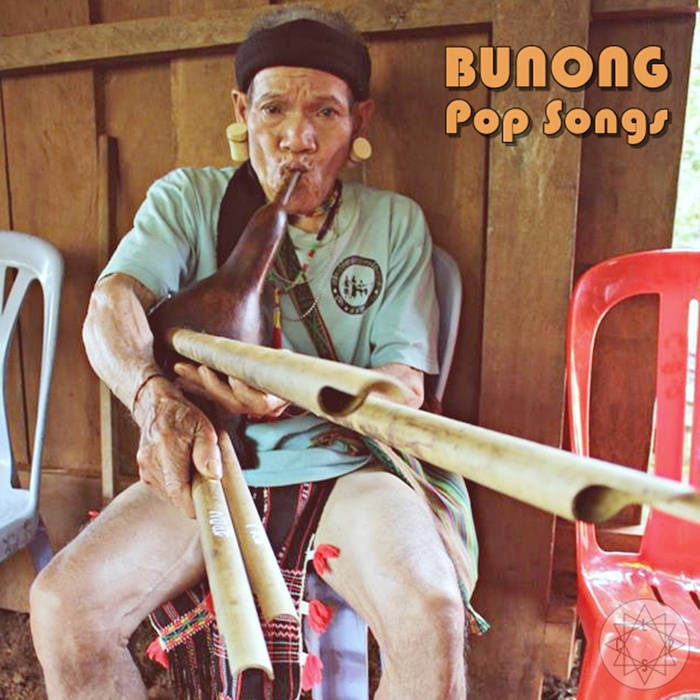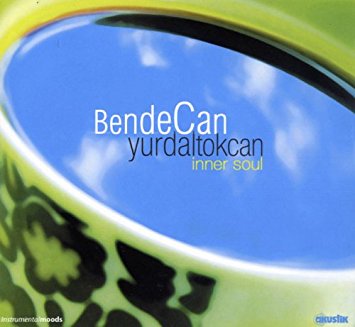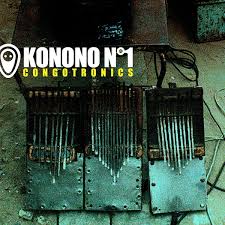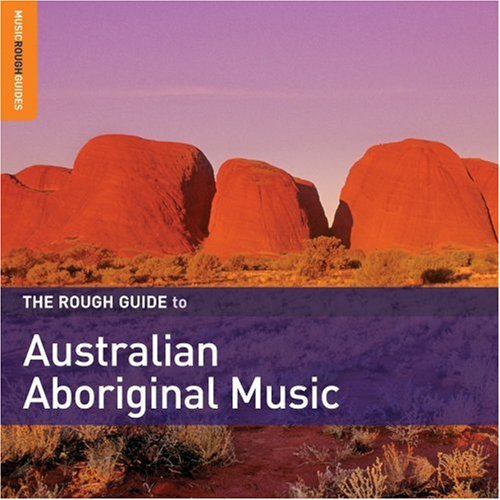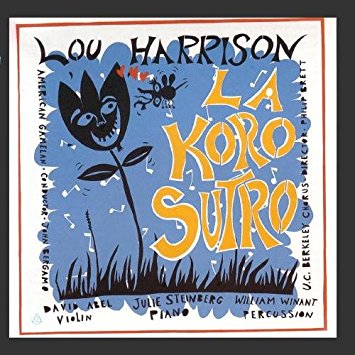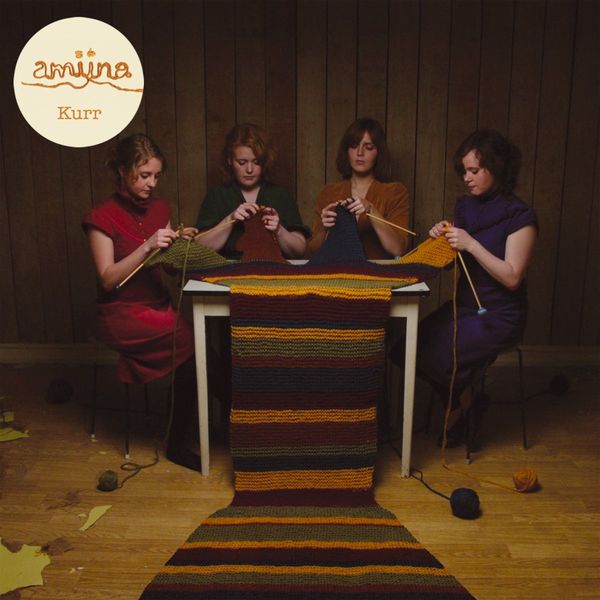Episode 04
Episode 04 was originally posted on July 2, 2018
Tracklisting:
01) "▲ 11" by Les Cartes Postales Sonores.
From the 2018 album BUNONG ▲ POP SONGS.
Les Cartes Postales Sonores, or The Sound Postcards is a valuable resource for discovering music from around the world. From the Bandcamp page: "The Sound Postcards is a field recording project by Julien Hairon capturing the soundscapes, music and traditions of local and indigenous populations around the world." The recordings are made available for free, not only on Bandcamp but at the Free Music Archive. If you are unfamiliar, the Free Music Archive is exactly what it sounds like: free music galore! What a great way to explore music with little more at stake other than your time.
The Les Cartes Postales Sonores Free Music Archive Page describes this compilation as being recorded "among the Bunong people, an ethnic group living in the mountains of Cambodia. It is also a tribute to the artist Lok Ta. They offer us a fabulous musical cocktail pop synth and psyche influenced by the traditional music of this people so little known in Cambodia because the dominant culture of this country is the Khmer culture."
We will definitely be hearing more from this series.
02) "Bahar Türküsü (Spring Song)" by Yurdal Tokcan.
From the 2004 album Bende Can (Inner Soul).
Tokcan was born in Ordu in 1966. He graduated from the Turkish Music State Conservatory of Istanbul Technical University in 1988 and was appointed as oud player to the Istanbul State Turkish Music Ensemble, which belongs to the Turkish Ministry of Culture and Tourism in 1990. The Turkish Cultural Foundation says that Tokcan's style: "combines older traditions with many new stylistic innovations, which are also present in his playing of the fretless guitar. His many new compositions combine traditional rich melodies with polyphonic textures performed on Turkish classical instruments."Makam New York says:
Yurdal Tokcan is being regarded as one of the finest oud players in the world today. His style combines older traditions with many new stylistic innovations, which are also present in his playing of the fretless guitar. His new compositions combine traditional rich melodies with polyphonic textures performed on Turkish classical instruments.
03) "Kule Kule" by Konono Nº1.
From the 2005 album Congotronics.
Konono Nº1 is a musical group from Kinshasa, Democratic Republic of the Congo. The group's Facebook page says they were "founded over 25 years ago by Mingiedi, a virtuoso of the likembé (a traditional instrument sometimes called "sanza" or "thumb piano", consisting of metal rods attached to a resonator)."
The group often refashions junkyard items into instruments (we here at the Global Elite Music Radio Podcast Supershow are always looking for signs of redemption) and uses rudimentary amplification "including a microphone carved out of wood fitted with a magnet from an automobile alternator and a gigantic horn-shaped amplifier. "
Follow the group at Facebook
Learn more at the groups page at Crammed Discs
Purchase the album at Amazon
04) "Moonlight" by The Pigram Brothers.
From the 2008 album The Rough Guide To Australian Aboriginal Music.
When exploring world music, it's always valuable to find compilation series you trust. The Rough Guide series is generally fantastic. They try to combine old and new material, presenting a good overview of each installment. This particular installment focuses on Australian Aboriginal Music.
The Pigram Brothers are a seven-piece Indigenous Australian band from Broome, in Western Australia.
05) "Varied Trio - II. Bowl Bells" by Lou Harrison.
From the 1988 album La Koro Sutro.
NPR describes Harrison as an"American maverick," who "blended Eastern and Western traditions in his music, practicing a kind of "cross-culturalism" long before it was fashionable." Harrison was an American composer who was a student of Henry Cowell, Arnold Schoenberg, and K. P. H. Notoprojo. He often incorporated non-Western tones and instruments and here focuses on Gamelan, a Javanese ensemble focusing on percussive instruments including musical bowls.
Harrison was born in Portland, OR but became enamored with Eastern culture from an early age and often sought to bridge culture gaps, telling NPR in 1999: "We're all human beings," he said. "We have the same ears and we have the same feelings. There's no 'they' there anymore. We're all 'we.'" That's a sentiment we can get behind.
Purchase the album at Amazon
06) "Seoul" by Amiina.
From the 2007 album Kurr.
The list of backing bands that make it on their isn't all that grand. The J.B.'s of course. Amiina started as the string section for Icelandic atmospheric explorers Sigur Rós. The group's website describes the bands beginnings as being a "string quartet formed by four girls (Edda Rún Ólafsdóttir, Hildur Ársælsdóttir, María Huld Markan Sigfúsdóttir and Sólrún Sumarliðadóttir) at the Reykjavík College of Music in the late 1990s." The group plays a variety of instruments including musical saws, kalimbas, even music boxes. Fans of Sigur Rós will find much to like here.
07) "Ana Osiidwa (The Orphans)" by Alan Namoko and Chimvu Jazz.
From the 1992 album Ana Osiidwa (The Orphans).
Alan Namoko was a blind blues and jazz musician from Malawi. Namoko played the banjo and sang in the Lomwe, Chewa and Nyanja languages. Namoko became an influential figure in Malawi's music scene in the 1970s and 1980s and around the world with the Chimvu Jazz band and was even featured on several episodes of the John Peel show.
No purchase or artist links available
08) "She May, She Might" by Yo La Tengo.
From the 2018 album There's a Riot Going On.
Yo La Tengo are an American Indie rock band formed in Hoboken, NJ in 1984.The band specializes in a heavy wash of atmospheric guitars. Pitchfork describes them as "a band that, almost in spite of its members’ encyclopedic knowledge of 20th-century music and penchant for irony, operates most effectively at the level of feel," saying that the band captures "the feeling of post-traumatic calm on their latest album, assuring their status as a wry and comforting cornerstone of indie rock."
See the updated artist map. To switch between seasons, use the little window box at the top left. This week's artists are the dark grey points.


